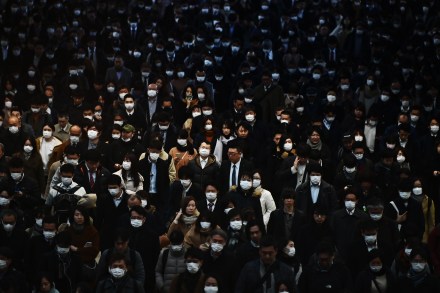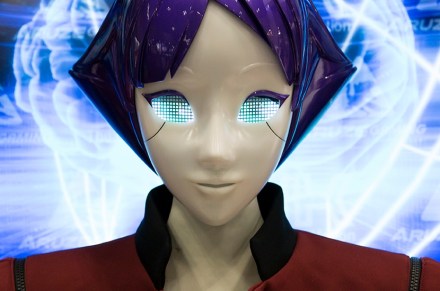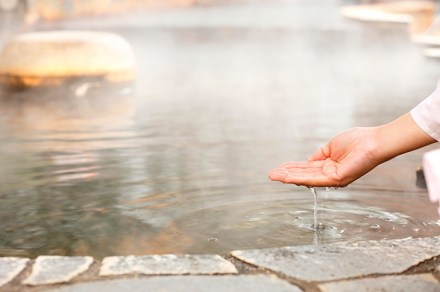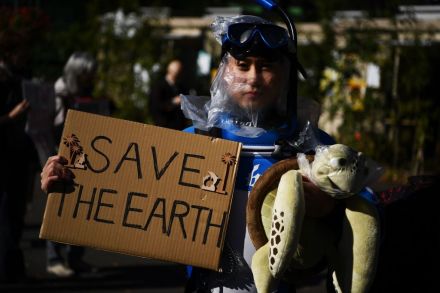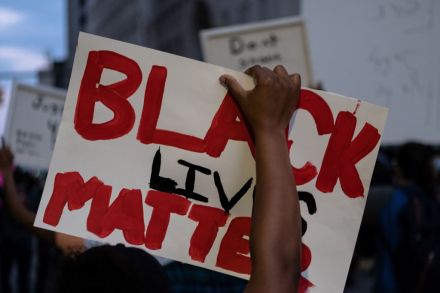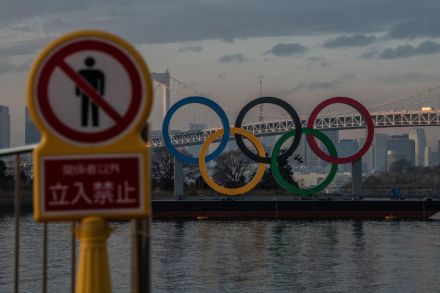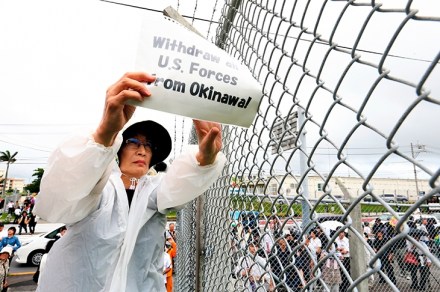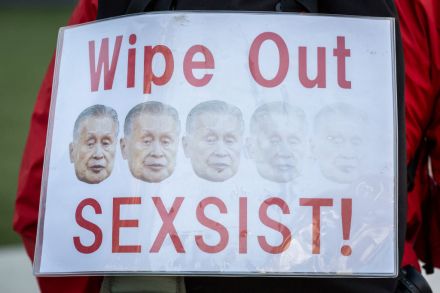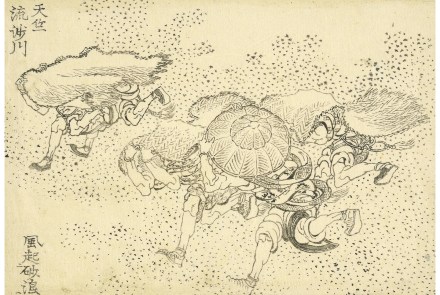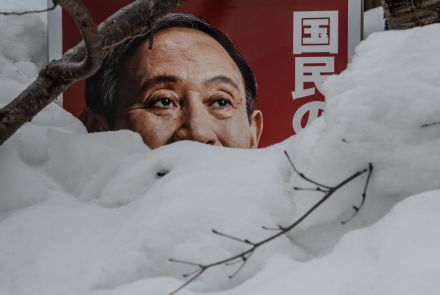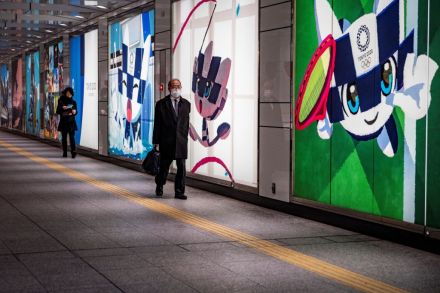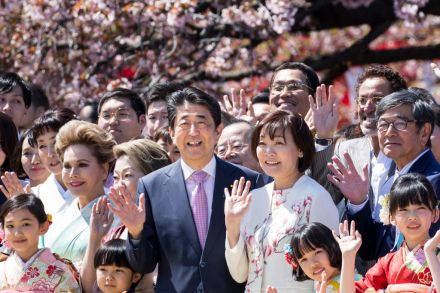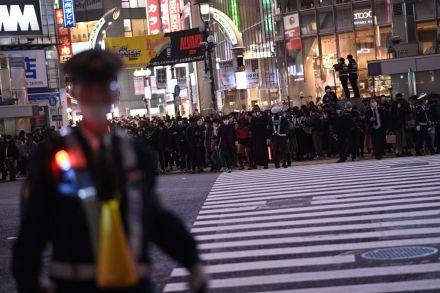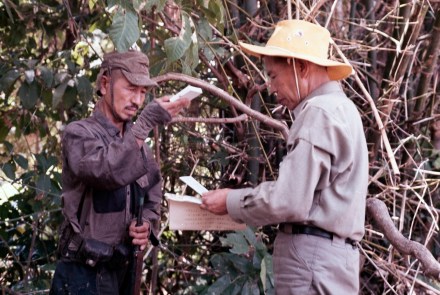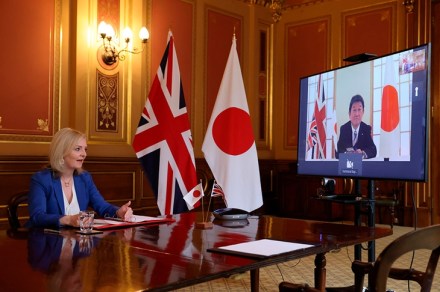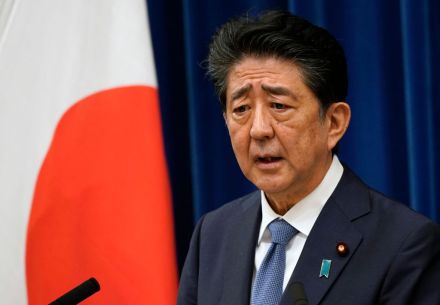Tokyo’s doomed Olympics could be the worst yet
The Tokyo 2020/2021 Olympics, which begins on Friday, looks set to be one of the worst in the event’s history. A book detailing all the scandals and mishaps of the games would be longer then the Tales of Genji. Won way back in 2013, it wasn’t long before allegations of suspicious payments materialised. Since then there have been: massive cost overruns, cock-ups with venues (the Olympic stadium was built without a crucible!), multiple gaffes and resignations from the principals, the relocation of the marathon, plus, of course, the one-year postponement and endless uncertainty wrought by the pandemic. The games will open under a dark cloud of public discontent. Polls have consistently shown a



